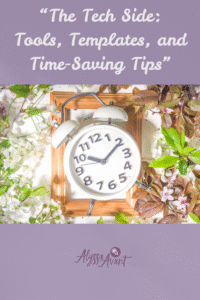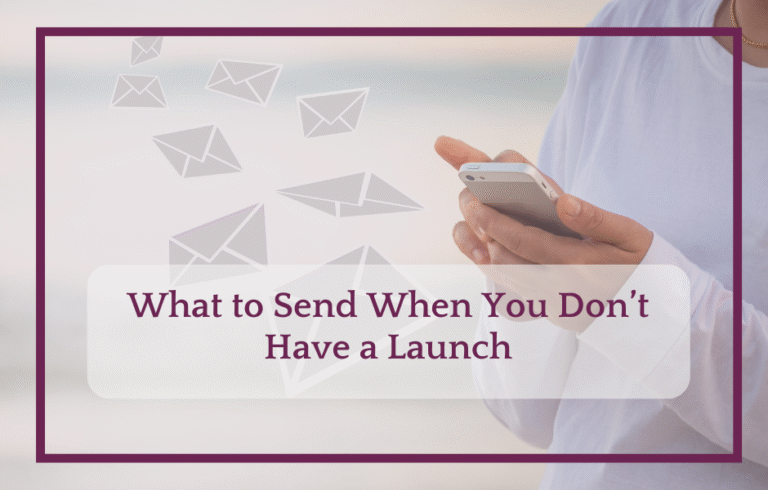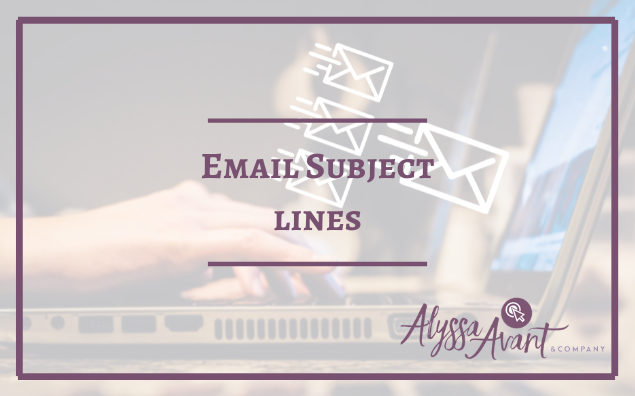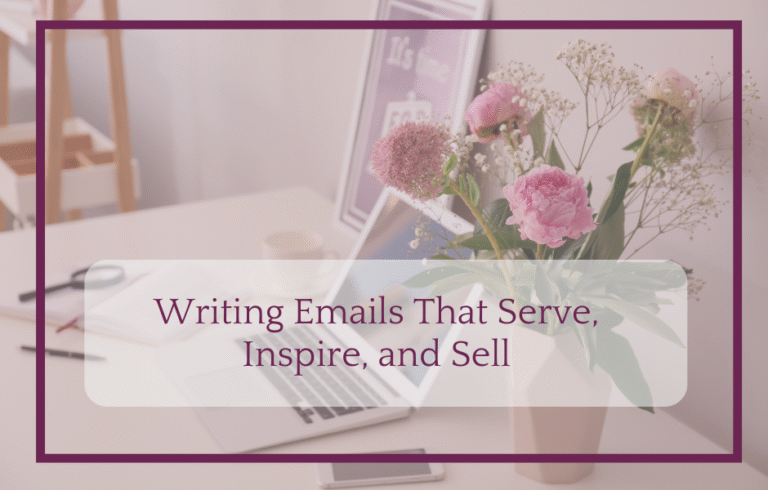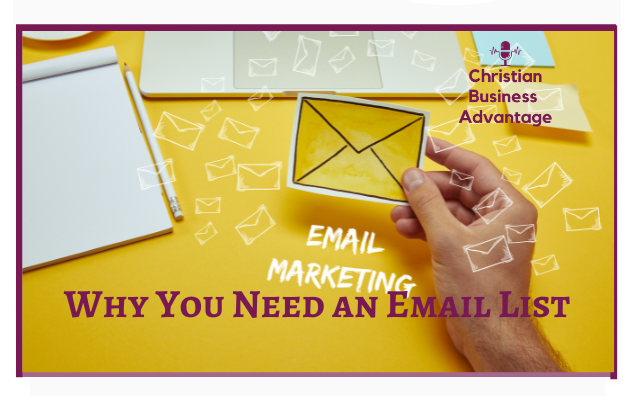“The Tech Side: Tools, Templates, and Time-Saving Tips”
The Right Tool
First, you’re going to want to choose the right email service provider for you. I recommend one of three email marketing platforms.
I always recommend MailerLite, ActiveCampaign, and Kit, formerly known as ConvertKit. Since I’m very much a visual person, I have made a chart for you to use to compare these providers. There are some pros and cons based on your needs that you might experience with these three different email service providers.
| Feature | MailerLite | Kit | ActiveCampaign |
| Ease of Use | Very beginner-friendly | Easy to learn with creator-focused tools | Steeper learning curve, but powerful |
| Pricing | Free up to 1,000 subs, low-cost upgrades | Free up to 1,000 subs, higher tiers later | No free plan; starts around $29/month |
| Best For | Budget-conscious beginners | Coaches, writers, creators using automation | Advanced users ready for scaling |
| Automation | Basic to moderate | Excellent for funnels, tagging, sequences | Robust, highly customizable automations |
| Design Options | Clean, simple templates | Functional, limited visual customization | More functional than visual; email builder OK |
| CRM Features | None | Minimal (subscriber-based tagging only) | Full CRM with scoring, segmentation, pipelines |
| Support | Email & chat support | Email support, community, tutorials | Email/chat support + phone (on higher tiers) |
The bottom line is if you are new to email marketing, start with MailerLite. If you need smart automations without overwhelm, use Kit. If you’re advanced and you want serious segmentation, then go for ActiveCampaign.
Templates and Time-Saving Tips
The next thing to think about is what you can do to repurpose your content into email sequences. When you’re repurposing content, like a blog that you already have, you will want to first pick a theme. Maybe you’re talking about writing tips, mindset, or productivity; you want to break that down into parts. Use a blog post and create three to five emails from that post to generate a sequence of emails. In every email you want to add a call to action. Calls to action include reply, share, and clicks. You can then automate this into a sequence for new subscribers or for special campaigns. Say you have a blog post titled “Five Ways to Stay Inspired As a Christian Writer”; that can become a five-day email encouragement series. You can do this as a nurture sequence to follow up after they’ve opted into your list.
Create a library of reusable email templates. First, create templates for your welcome emails, monthly newsletters, and updates. After that, create templates for testimonials, client story emails, and your launch or promotional emails. Next, produce a Google Doc folder or a swipe file with copy and subject lines. Afterward, if you’re using Kit or MailerLite, you can create and save templates inside of those platforms so you can rinse and repeat for fast reuse. This is what I do for all of my clients that I handle emails for. I just make a copy each time instead of starting from scratch. Because of this, you are basically starting a vault of templates.
I want to encourage you to think about some of these things we’ve talked about and choose the right tool for you. Make sure that you do the hard work upfront so you don’t have to create content over and over again. You can repurpose your content and use it multiple times, which is time-saving.
If you have been to any of my workshops, you have heard me talk about content repurposing. If you have not, I have a workshop that you might want to check out. It is a Faithful Marketing Workshop where we talk about how you can create an entire month of marketing content for your business.
